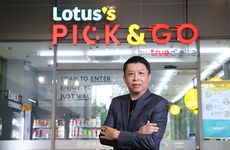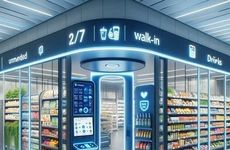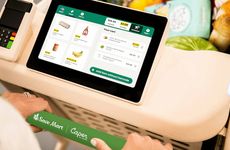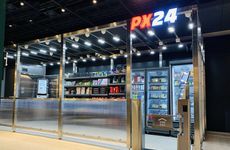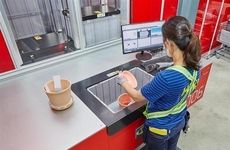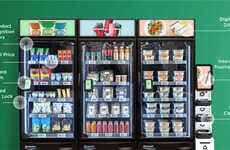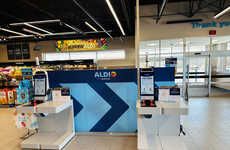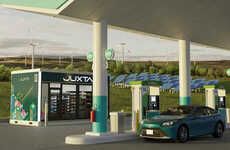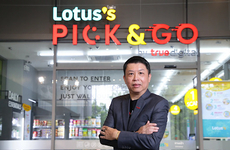
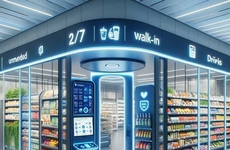
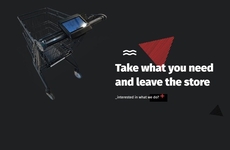
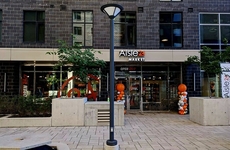
Brick and mortar stores are turning to AI to mitigate labor costs
Trend - Retailers and grocers are testing fully automated locations to lower costs. By saving on the many complications associated with labor, these retailers are able to offer reduced prices for the benefit of the consumer. These often begin as solo test locations before expanding based on demand.
Insight - Lower-income consumers are the most affected by the continued rise in grocery prices year-over-year. However, even middle class consumers are feeling a notable impact to their finances caused by rising prices. In turn, retailers are facing leftover stock, particularly in the produce and perishables sections, leading to brands investing in ways to bring costs down for consumers. One such way is through the use of AI-based employee-free store locations.
Insight - Lower-income consumers are the most affected by the continued rise in grocery prices year-over-year. However, even middle class consumers are feeling a notable impact to their finances caused by rising prices. In turn, retailers are facing leftover stock, particularly in the produce and perishables sections, leading to brands investing in ways to bring costs down for consumers. One such way is through the use of AI-based employee-free store locations.
Workshop Question - How could your brand alter its operations to reduce costs of its products or services for consumers?
Trend Themes
1. Smart Shopping Cart Rollouts - Deploying smart shopping carts equipped with advanced technology streamlines the checkout process and enhances the overall shopping experience.
2. Grab-and-go Employee-free Retailers - Implementing employee-free stores that utilize smartphone integrations and advanced tech offers a seamless and personalized shopping experience while reducing operational costs.
3. Employee-free Smart Stores - Developing fully automated mini-supermarkets that run 24/7 enhances convenience and accessibility, catering to modern consumer needs.
Industry Implications
1. Retail Technology - Integrating technology-driven solutions like smart carts and AI-driven checkouts revolutionizes traditional retail operations and customer interactions.
2. Grocery Retail - Adopting automated store concepts addresses customer preferences for convenience and lower prices, potentially reshaping the grocery shopping landscape.
3. Sustainable Retail - Designing stores with energy-efficient features and multifunctional spaces supports both environmental sustainability and enhanced customer service.
